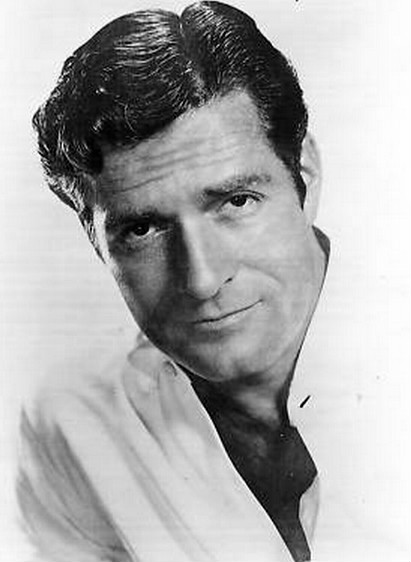Hugh O’Brian channeled his straight-shooting Old West lawman elsewhere once he became famous as TV’s Wyatt Earp. Inspired by an encounter with the humanitarian Albert Schweitzer, the actor created a youth leadership organization that remains one of America’s most prominent. His stated motivation was the Nobel Peace Prize winner’s maxim: “The most important thing in education is to teach young people to think for themselves.”
O’Brian died in 2016 at age 91, and perhaps he had in mind a few other youngsters thinking for themselves when he made some particular provisions in the trust he established in 1992 and amended three times, ending in 2011.
The trust named wife Virginia as his trustee and left money to her, a few relatives, friends, and his charities—and then became quite unambiguous: “I have no children, living or deceased. I am intentionally not providing for HUGH DONALD ETKES (also known as HUGH DONALD KRAMPE), ADINA ETKES, JAMES E. VENVERLOH, BETTY DEAN, any of their descendants, and any other person who claims to be a descendant or heir of mine under any circumstances and without regard to the nature of any evidence which may indicate status as a descendant or heir.”
This language successfully swatted away Etkes/Krampe (who was judged in court in 1969 to be O’Brian’s child), Etkes (his sister), Venverloh, and Dean. But it did not address Kimberly Rallo and Adam Ross, who claimed to be O’Brian’s children and entitled to an intestate share of his estate. Faced by these possible offspring, Virginia, O’Brian’s wife and chosen trustee, demurred, claiming they failed to state valid claims, and a California probate court agreed—but allowed them to refile. When they did, the court ruled against them. Each appealed.
The Court of Appeal recently affirmed the probate court, finding that Kimberly and Adam were born before O’Brian created the trust. Each had to prove that O’Brian failed to provide for them because he either was unaware of their birth or mistaken about their death in childhood. “The language is clear. Recovery under (Probate Code) Section 21622 is available only if the child can prove these two conditions to demonstrate the omission was unintentional.”
The appellate court agreed with the trial court’s finding that Kimberly’s and Adam’s petitions failed to allege facts that supported the claim that O’Brian did not provide for them only because he was unaware of their births.
Even if you haven’t achieved stardom, consult an experienced estate attorney to keep unintended claimants out of your plan for law and order when the day comes that you’re out of the big picture. Rallo v O’Brian, California, Second District, Div. Three, B290526 (2020).
About the Author:
John O’Grady leads a full-service estate and trust law firm in San Francisco. His practice includes Estate Planning & Administration, Probate and Trust Litigation.


